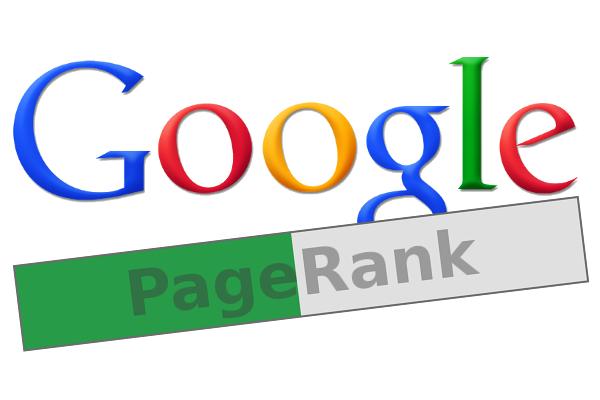In today’s digital age, the creation of clone websites has become increasingly prevalent. Clone websites are replicas or imitations of existing websites, often designed with malicious intent or to deceive users. While they may appear harmless at first glance, these cloned sites can have severe negative consequences for both individuals and businesses. In this article, we will explore some of the detrimental effects of having a clone website.
Fraudulent Activities and Scams
Clone websites are frequently used as a tool for fraudulent activities and scams. By mimicking the appearance and functionality of legitimate websites, scammers can trick unsuspecting users into divulging sensitive information such as login credentials, credit card details, or personal data. This information can then be exploited for identity theft, financial fraud, or other malicious purposes, leading to significant financial losses and emotional distress for victims.
Damage to Brand Reputation
For businesses, clone websites can cause substantial damage to brand reputation. When customers encounter a clone website that appears to be affiliated with a trusted brand, they may unknowingly engage with it, resulting in subpar products or services. This can lead to customer dissatisfaction, loss of trust, and negative word-of-mouth publicity. Businesses invest significant time and resources in building a reputable brand, and clone websites can quickly erode that hard-earned trust.
Legal and Intellectual Property Issues
Clone websites often infringe upon intellectual property rights, such as trademarks, copyrights, and patents. Unauthorized use of logos, content, or proprietary information can result in legal consequences for both the clone website owner and the original brand. Intellectual property disputes can be complex and costly, involving lengthy litigation and potential financial settlements. Moreover, the mere existence of clone websites can dilute the uniqueness and distinctiveness of a brand, impacting its market position and competitiveness.
Dilution of User Experience
Clone websites are typically created with the sole purpose of exploiting unsuspecting users. These sites may lack essential security measures, proper customer support channels, or accurate information. As a result, users may encounter difficulties in finding relevant information, experiencing technical issues, or seeking assistance when needed. Such negative user experiences can erode customer loyalty, discourage repeat visits, and tarnish the reputation of the original website.
Loss of Revenue and Business Opportunities
For e-commerce businesses, clone websites can lead to significant revenue losses. When customers unknowingly make purchases through a clone website, they may receive counterfeit or inferior products, leading to dissatisfaction and potential refunds. This not only affects the original business’s bottom line, but also creates missed opportunities for growth and customer retention. Additionally, clone websites can divert web traffic, reducing the visibility and accessibility of the original website and its products or services.
Clone websites pose a range of negative effects that can harm both individuals and businesses. From fraudulent activities and scams to reputation damage, legal issues, and loss of revenue, the risks associated with clone websites are substantial. It is crucial for individuals to be vigilant and cautious when navigating the online landscape, while businesses should implement robust security measures to protect their brands and customers from the detrimental effects of clone websites.





